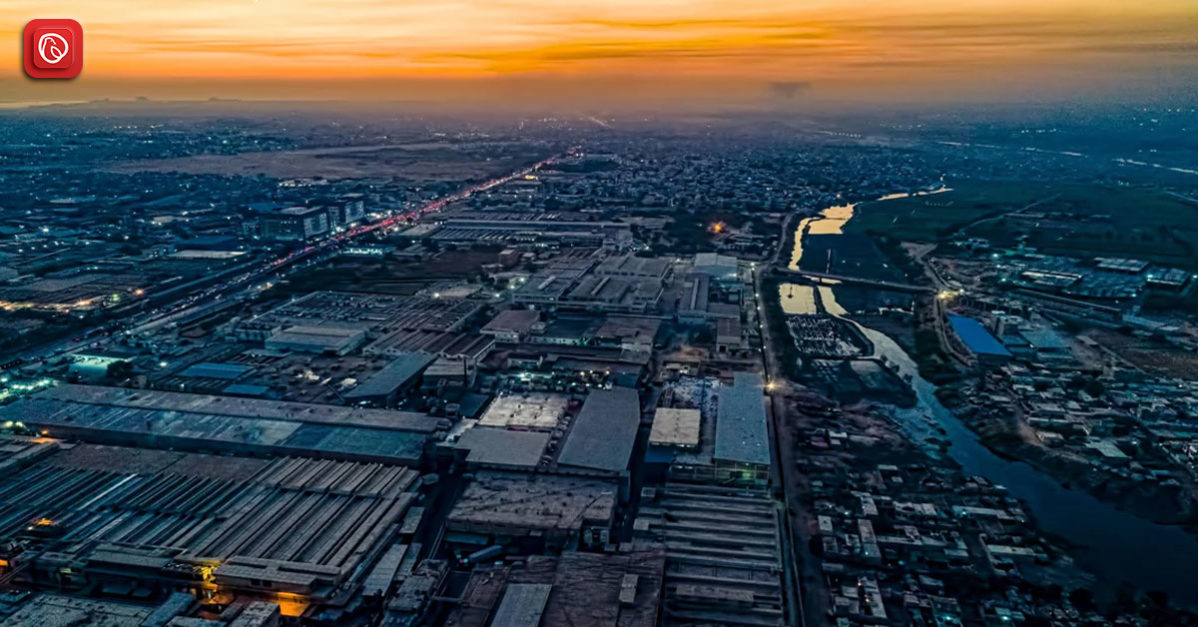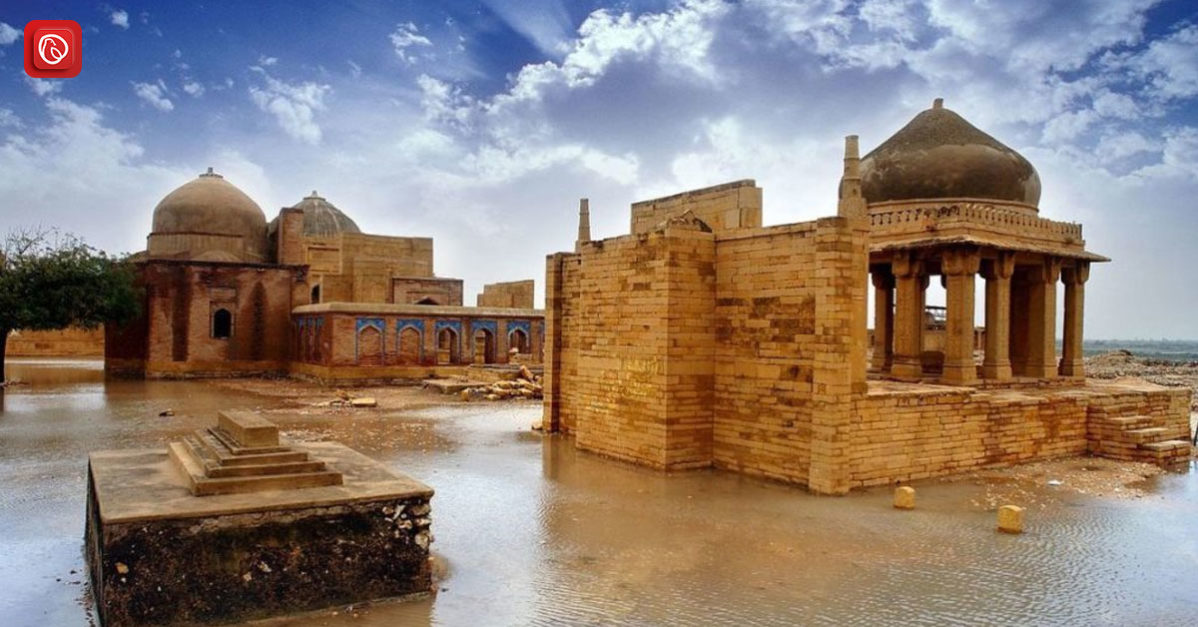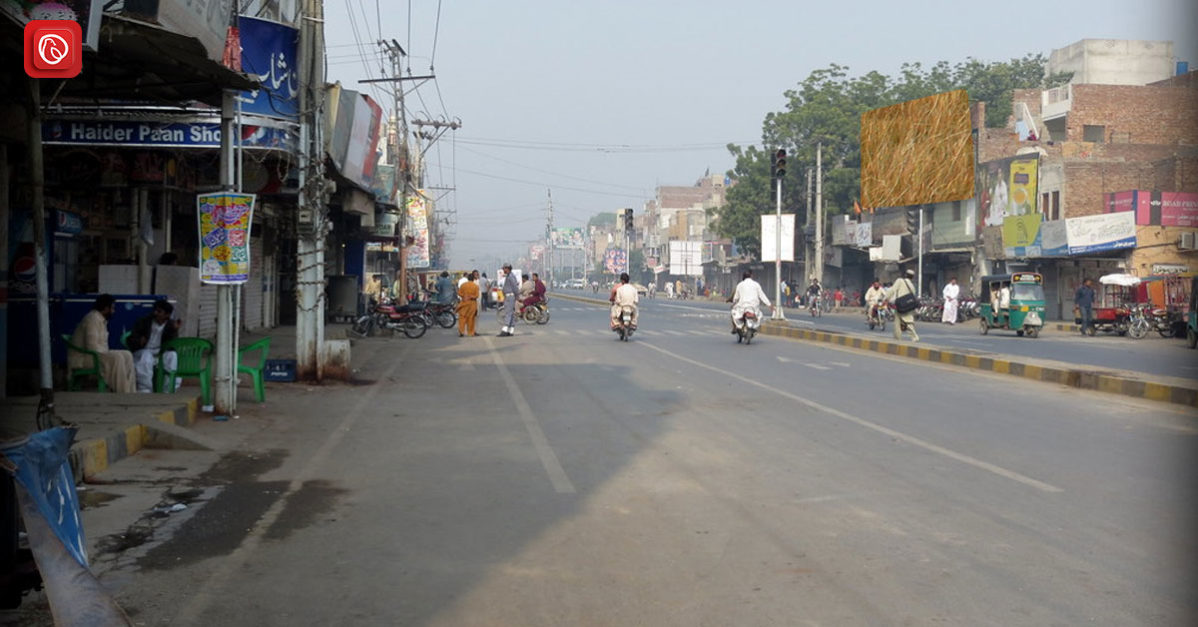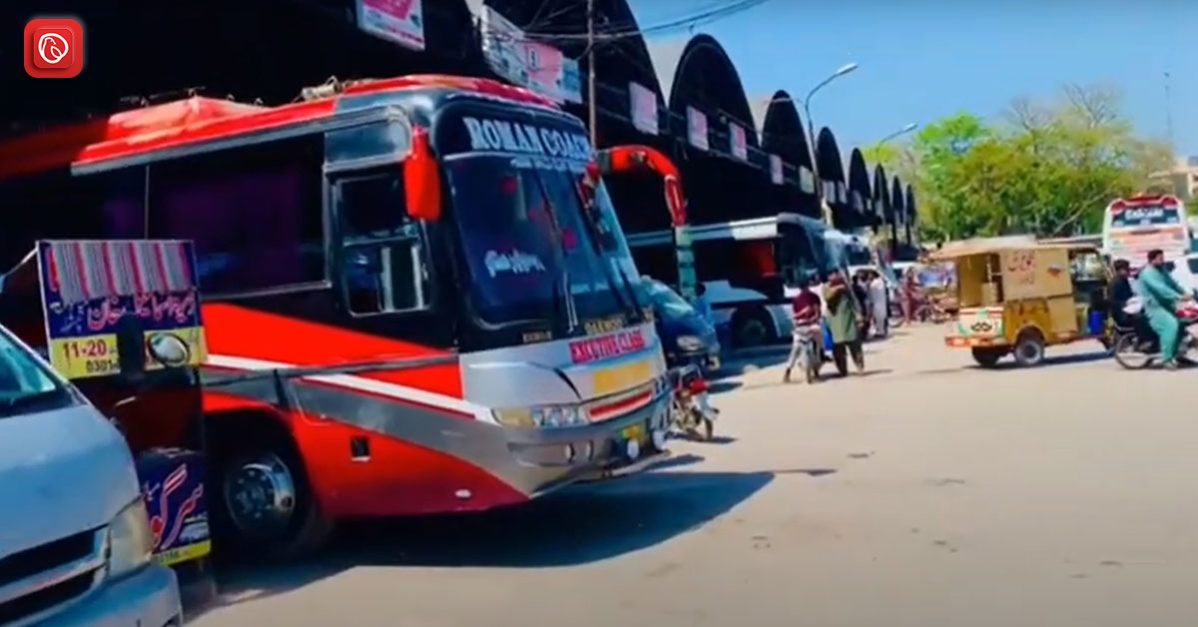Bin Qasim Town, in the eastern part of Karachi and north of Port Qasim, is one of the six administrative subdivisions of Malir District. Named after Muhammad bin Qasim, an Arab general who conquered Sindh in the 8th century, this area holds historical significance and contemporary importance. It is a blend of industrial activity, residential areas, and cultural heritage, making it a vital part of Karachi’s urban landscape.
In this blog, Graana.com has come up with detailed area guide about this historic town.
Historical Background
The history of Bin Qasim Town is intertwined with the history of Sindh and Karachi. Named after Muhammad bin Qasim, the young general who led the Umayyad conquest of Sindh in 711 AD, the area reflects the historical transitions of the region.
Over the centuries, it has evolved from a historical landmark to an industrial and residential hub. The development of Port Qasim in the 1970s marked a significant turning point, transforming the area into a major industrial and economic zone.
Geographical Layout and Boundaries
Bin Qasim Town is strategically located in the eastern part of Karachi, making it accessible to key areas of the city and beyond. It is bordered by the Arabian Sea to the south, Malir District to the west, and the Thatta District to the east.
The proximity to Port Qasim, one of Pakistan’s busiest ports, adds to its strategic importance. The area is well-connected through a network of roads, including the National Highway, which facilitates transportation and trade.
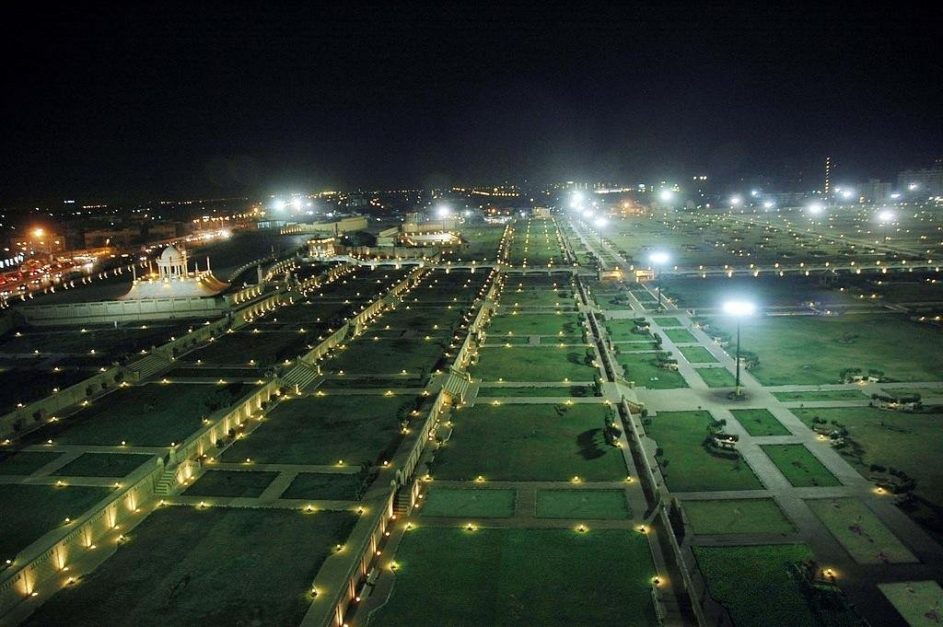
Industrial Significance
The industrial landscape of Bin Qasim Town is dominated by Port Qasim, which plays a crucial role in Pakistan’s economy. The port handles a significant portion of the country’s cargo, including containers, bulk cargo, and petroleum products.
Several industrial zones, such as the Bin Qasim Industrial Zone and the Export Processing Zone, are located here, housing numerous factories and manufacturing units. Industries in this area range from textiles and chemicals to steel and automotive parts, contributing substantially to employment and economic activity.
Residential Areas
Bin Qasim Town is not just an industrial hub; it also hosts several residential areas catering to the diverse population working in and around the port. Some prominent residential localities include Steel Town, Gulshan-e-Hadeed, and Shah Latif Town.
These areas offer a range of housing options from modest homes to more upscale residences, accommodating different socioeconomic groups. The presence of schools, hospitals, and recreational facilities makes these residential areas well-rounded communities.
Commercial Activity
The commercial activity in Bin Qasim is closely linked to its industrial base. Numerous businesses and markets support the industrial workforce and local residents. From retail shops to wholesale markets, the area provides various goods and services.
Additionally, the presence of several logistics companies and warehouses underscores the importance of Bin Qasim in the supply chain and distribution network.
Educational Institutions
Education is a key aspect of community development in Bin Qasim. The area is home to several educational institutions, ranging from primary schools to colleges and technical training centres. Notable institutions include the Pakistan Steel Cadet College, Port Qasim Authority School, and various public and private schools that provide quality education to the residents. These institutions play a vital role in nurturing the next generation of professionals and skilled workers.
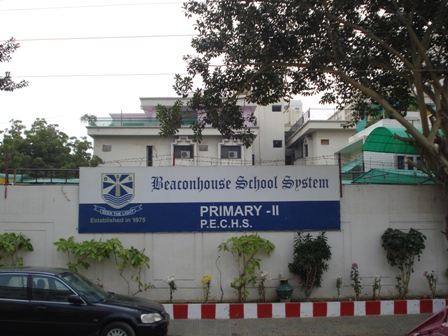
Healthcare Facilities
Healthcare infrastructure in Bin Qasim Town includes hospitals, clinics, and dispensaries that cater to the medical needs of the population. The Pakistan Steel Mills Hospital is a major healthcare facility in the area, providing comprehensive medical services.
Additionally, several private clinics and healthcare centres ensure that residents have access to medical care. These facilities are crucial in maintaining the well-being of the community, especially given the industrial nature of the area, which can sometimes lead to occupational health issues.
Recreational and Cultural Activities
Despite its industrial character, Bin Qasim offers various recreational and cultural activities. Parks and open spaces, such as the Pakistan Steel Mills Sports Complex and the Bin Qasim Park, provide residents with opportunities for leisure and outdoor activities.
Cultural events and festivals, often organised by local communities and institutions, celebrate the diverse heritage of the area. These activities foster a sense of community and enhance the quality of life for residents.
Challenges and Development
Like many urban areas, Bin Qasim faces several challenges, including infrastructure development, environmental concerns, and socio-economic disparities. The rapid industrialisation and urbanisation have put pressure on the existing infrastructure, necessitating upgrades and expansions.
Environmental issues, such as pollution from industrial activities and waste management, need to be addressed to ensure sustainable development. Additionally, efforts to bridge the socio-economic gap and provide equitable opportunities for all residents are essential for the holistic development of the area.
Future Prospects
The future of Bin Qasim looks promising, with several development projects in the pipeline. Projects aimed at improving infrastructure and boosting economic activity. The expansion of Port Qasim and the development of new industrial zones are expected to attract more investment and create job opportunities.
Additionally, initiatives to enhance the quality of life, such as improved healthcare, education, and recreational facilities, will contribute to the overall development of the area. The focus on sustainable and inclusive development will be key to ensuring that Bin Qasim continues to thrive as a vibrant part of Karachi.
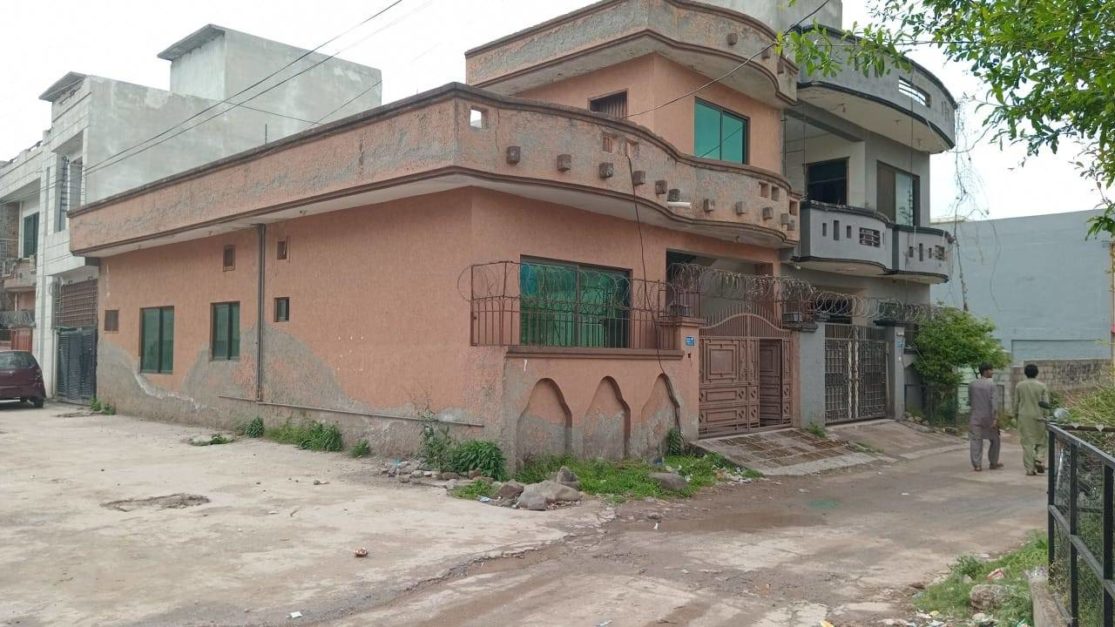
Conclusion
Bin Qasim Town has a rich historical background, strategic location, and dynamic industrial and residential landscape. It plays a vital role in Karachi’s urban framework. The area’s evolution from a historical landmark to a major industrial hub reflects the broader trends of economic and social development
. Bin Qasim holds the potential to become a model of sustainable and inclusive urban development. It contributed significantly to the prosperity of Karachi and the nation.
Frequently Asked Questions
Related FAQs
What is the significance of Bin Qasim Town in Karachi?
Bin Qasim is one of the six administrative subdivisions of Malir District in Karachi. It is a key industrial and residential area, strategically located north of Port Qasim, one of Pakistan’s busiest ports.
How did Bin Qasim Town get its name?
Bin Qasim is named after Muhammad bin Qasim, the Arab general who led the Umayyad conquest of Sindh.
What are the main industries in Bin Qasim Town?
Bin Qasim hosts a variety of industries, including textiles, chemicals, steel, and automotive parts. The presence of Port Qasim and several industrial zones underlines its importance as an industrial hub.
What residential areas are located in Bin Qasim Town?
Prominent residential areas in Bin Qasim include Steel Town, Gulshan-e-Hadeed, and Shah Latif Town, offering diverse housing options and community facilities.
What are the future prospects for Bin Qasim Town?
The future of Bin Qasim is promising with ongoing development projects. Projects aimed at expanding infrastructure, attracting investment, and enhancing the quality of life.
For more details visit the Graana Blog.
